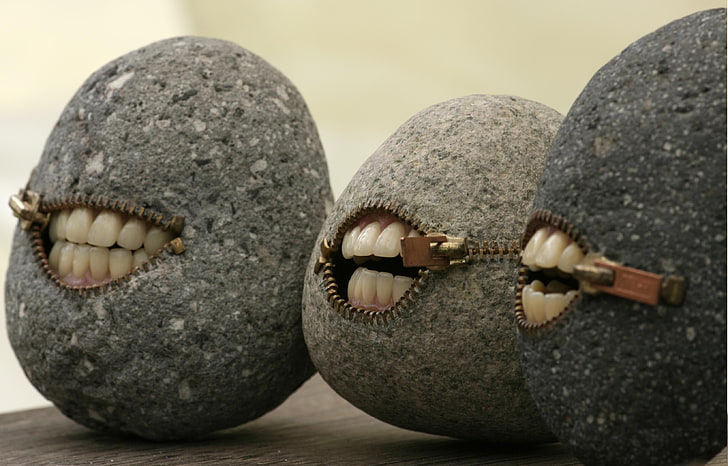Minimalism or Manipulation? The Truth Behind the Decluttering Craze

In recent years, minimalism has taken the world by storm. From Netflix documentaries to bestselling books, decluttering and simplifying life has been marketed as the key to happiness and success. Minimalist influencers preach the benefits of owning fewer things, claiming it leads to financial freedom, mental clarity, and overall well-being. But is this movement truly about simplicity, or is it just another form of consumer manipulation?
Minimalism is based on the idea that owning less leads to a more meaningful life. Advocates claim that eliminating unnecessary possessions can reduce stress, increase focus, and improve financial stability. Instead of accumulating material goods, minimalists emphasize experiences, mindfulness, and intentional living.
Popular figures like Marie Kondo and The Minimalists have turned this philosophy into a movement, encouraging people to declutter their homes and only keep items that “spark joy.” The concept seems appealing—after all, who wouldn’t want a clean, organized space free of distractions?
Ironically, the push for minimalism has created a new market. Decluttering gurus encourage people to discard their belongings only to replace them with “better” essentials. Companies have capitalized on this by selling expensive minimalist furniture, clothing, and lifestyle products.
The result? People discard perfectly good items only to buy new ones that fit the minimalist aesthetic. Instead of reducing consumption, minimalism—at least in its modern, Instagram-friendly form—has become another way to sell products under the guise of simplicity.
Decluttering is often marketed as an emotional and psychological breakthrough. Many influencers equate a clutter-free home with inner peace, suggesting that possessions cause stress and unhappiness. While excess clutter can be overwhelming, the idea that throwing things away will instantly fix one’s life is misleading.
Minimalism doesn’t address more profound issues like financial struggles, emotional attachments, or societal pressures. Many people experience guilt after decluttering, realizing they’ve discarded items they later needed or sentimental objects they regret discarding. The pressure to maintain a minimalist lifestyle can also create stress, making people feel like they are failing if their homes don’t look like a perfectly staged magazine spread.
So, is minimalism a scam? Not entirely. The core idea of being mindful about what you own is valuable. However, the commercialized version of minimalism often promotes a cycle of unnecessary consumption and unrealistic expectations.
Instead of blindly following the decluttering trend, consider these balanced approaches:
Declutter with Purpose – Don’t throw things away just because a book or influencer tells you to. Keep what is valuable and meaningful.
Avoid Replacing Items Unnecessarily – Just because something is “minimalist” doesn’t mean you need to buy it. Use what you have.
Focus on Function, Not Aesthetic – Minimalism should simplify your life, not achieve a picture-perfect look.
Understand That Happiness Isn’t in Stuff—Or Lack of It – True fulfillment comes from relationships, experiences, and self-growth, not the number of possessions you own.
Minimalism can be a powerful tool, but only if practiced thoughtfully. Don’t let the decluttering craze manipulate you into throwing away things to buy into another trend.
